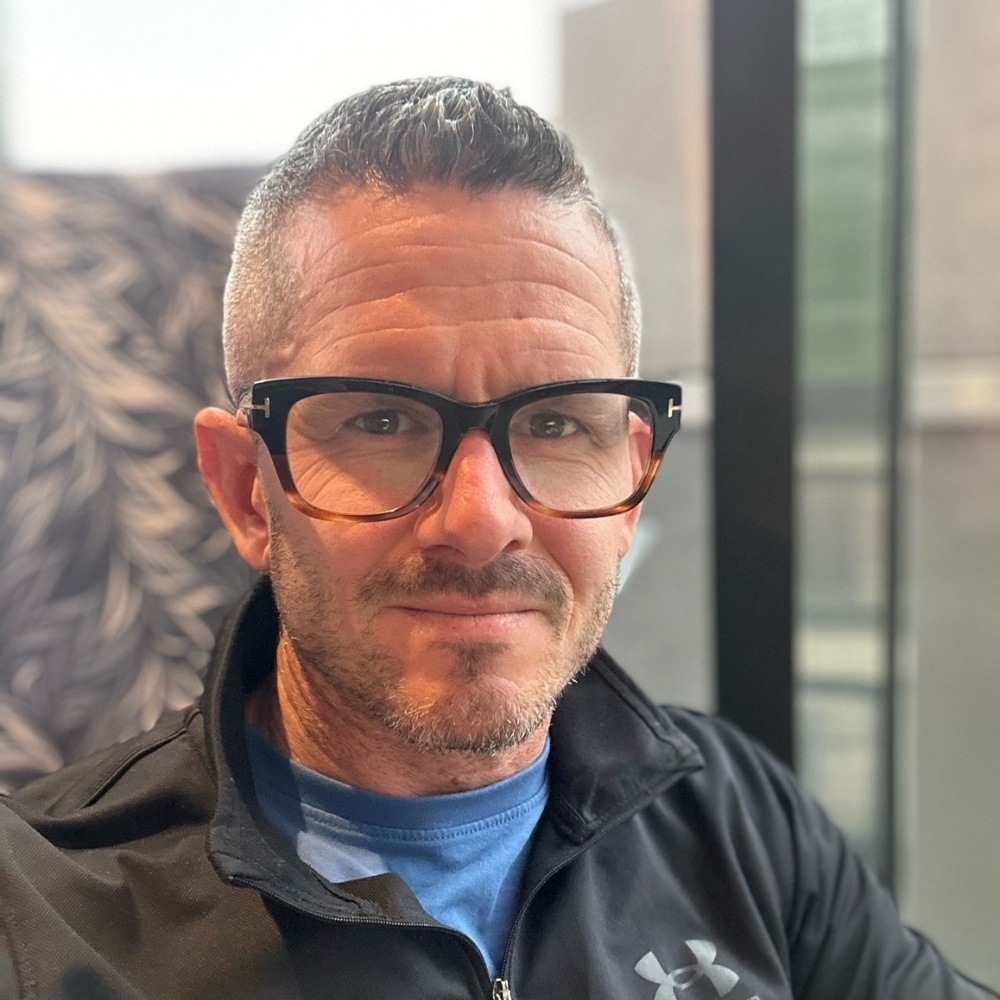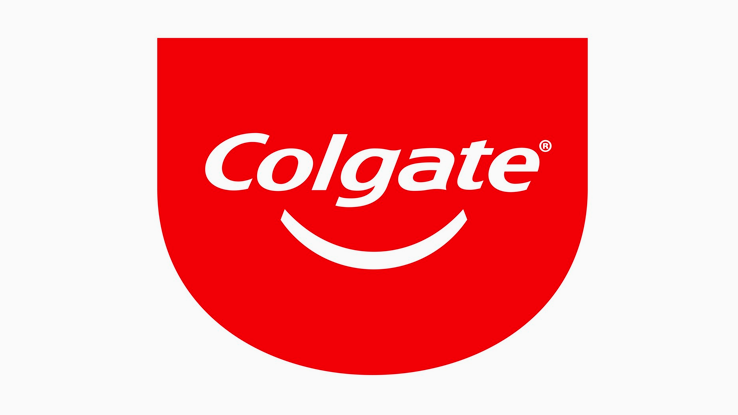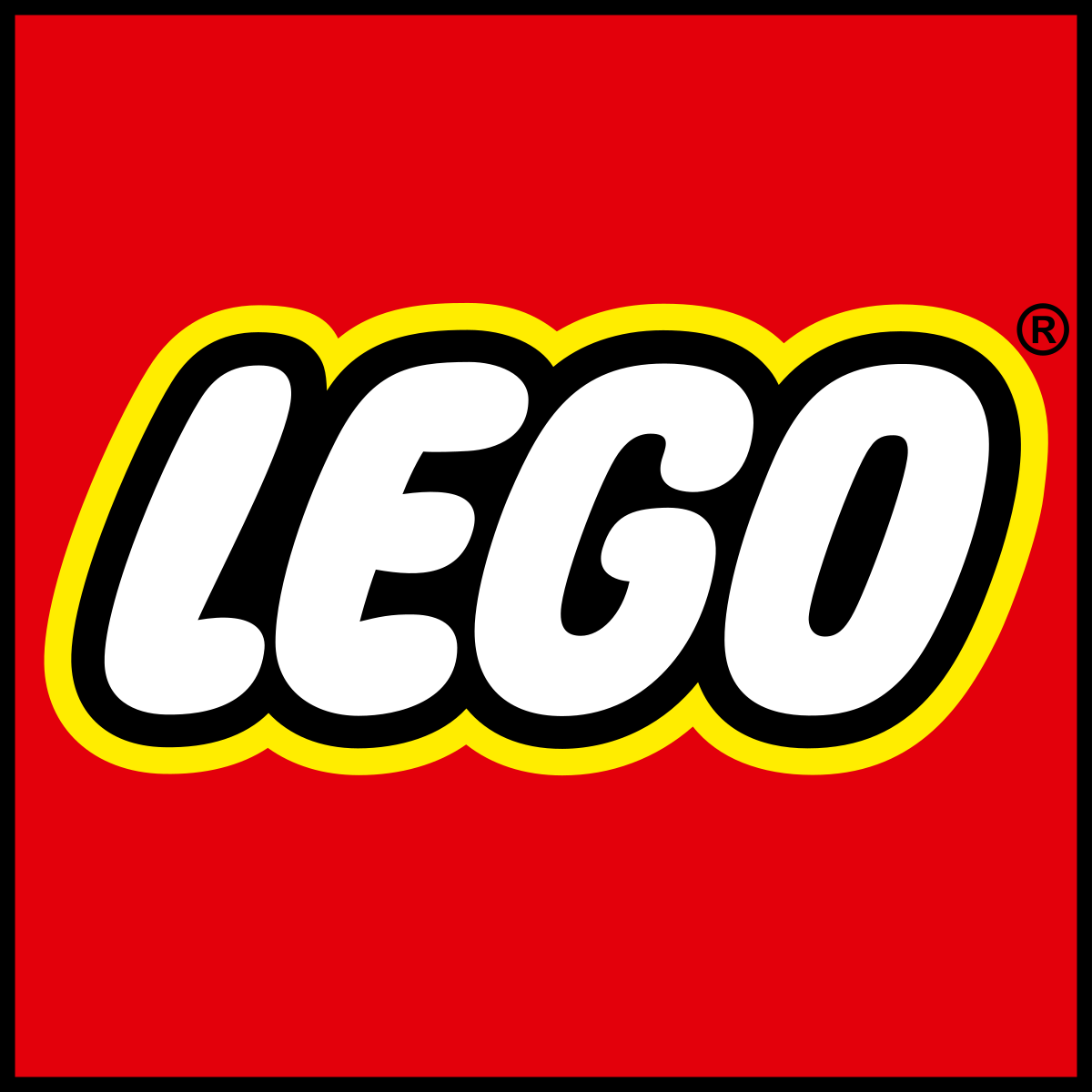
Let's Talk Logistics - Hugh Middleton

Hugh Middleton
Huddersfield Business School Graduate
Hi, my name is Hugh Middleton and I graduated from Huddersfield Business School in 1999. I’m currently the Head of Supply Chain Development EMEA at The LEGO Group. In this blog, I delve into the profound impact a career in supply chain can have on the wider society, environmental sustainability, and business efficiency.
Why is the transport and logistics industry an exciting industry to be part of?
Effective supply chain management is paramount in today's world, shaped by pressing issues such as sustainability and the aftermath of the COVID-19 pandemic. It plays a pivotal role in influencing and impacting numerous aspects of business operations.
The seamless availability of all the goods we consume relies fundamentally on the efficiency of transportation and logistics. Whether it's boat, rail, or aeroplane, it's critical to our existence. It's a key part of society, which was illustrated during COVID-19 when countries were shutting down manufacturing sites or closing their borders and the industry had to find different ways to continue that supply. In the past, companies sourced from the Far East due to low labour costs and sourcing benefits. However, given the current geopolitical landscape, it may no longer be the preferred option. There’s now a whole design aspect to the supply chain, which is a crucial skill set, both today and in the future.
The supply chain industry plays a critical role in the fight against climate change, including minimising waste and emissions and reducing our carbon footprint. This effort extends to the supply chains of our suppliers and their networks, contributing to a collective initiative to save the planet.
Can you tell us a bit about your career journey since graduating?
I graduated in 1999 and secured an entry level job at an IT company called StorageTek in Holland where I had done my placement year while studying. In this role, my tasks were quite straightforward—processing orders on the screen and ensuring they were correct before progressing to the next stage. Although the content of the job wasn’t particularly engaging, it provided me with exposure to international suppliers and customers, allowed me to develop connections and build essential soft skills.
I then moved to Colgate Palmolive in Guildford, back in the UK. That job was similar to the job in Holland in terms of order management, getting orders from customers and putting them into a system. I realised that I didn’t want to do this long-term. So, I started to get involved in demand planning at Colgate, working with the retailers and our sales teams to predict what our customers and shoppers were going to order in the future. This not only grew the analytical part of my brain, but it also exposed me to some of the commercial aspects of a large company and how they work with customers. However, forecasting toothpaste proved relatively straightforward due to the regularity of people brushing their teeth twice a day, inherently limiting the complexity of the role.

So, I applied for a role as a demand planner at PepsiCo in Reading. This was a much bigger company than Colgate - multiple different categories in food such as orange juice, porridge, snacks, and drinks. It was stepping into an entirely new world, which was truly fascinating. I progressed through the ranks and secured my first leadership role, overseeing a team of demand and collaborative planners. In this role, I learned key leadership and management skills, dealing with tasks such as delivering challenging messages and resolving conflicts.

I then decided that I wanted to try something outside the supply chain, so I ventured into the commercial side, joining the account management division of PepsiCo for around six years. While sales wasn’t my natural forte, I took on the challenge and enjoyed impactful roles growing the business with companies like Subway and Starbucks. It was an eye-opening experience, revealing the intense demands of succeeding in a commercial environment. Critically this experience helped me contextualise how operations can be used as a lever to support profitable growth. Although I performed well (I think!) and developed myself, it wasn’t my natural place to be.
After concluding my sales journey, I moved back into the supply chain at PepsiCo, but this time in a more strategic role. I looked at the strategic interaction with customers, aiming to enhance our lead time with major retailers and streamline supply chain costs. It involved a more conceptual approach to the intricacies of supply chain management.
After 12 years at PepsiCo, I moved to The LEGO Group. My experience in the commercial role at PepsiCo played a significant role in securing this position, showing that the value of breadth in your career is important. One of my first roles at The LEGO Group was heading up our customer logistics in EMEA, working with various retailers to optimise the supply chain. In my current role as Head of Supply Chain Development, I focus on envisioning the future of our supply chain 5-10 years ahead. I’m now thinking about what our supply chain needs to look like. This entails contemplating necessary investments, such as warehouse expansions or automation to offset labour inflation. Additionally, I need to help assess potential disruptions like pandemics or conflicts and strategise how to mitigate their impact on our operations. I am certainly not the operations expert, but I utilise my network of subject matter experts to help pull together the right proposals and stories for the right audiences.
My career journey has been one of continuous growth, starting from basic entry level roles and evolving as I discovered my strengths, weaknesses, and built on the skills that I already have.

Are there a variety of career options in the transport and logistics industry?
Yes, 100%. For instance, you might start off in a hands-on, practical role at a distribution centre, where you're directly involved in tasks like coordinating with transport companies, routing picking, packing, and dispatching. However, if you step back and take a broader view of the supply chain, you'll see that everything happening at the distribution centre must be forecasted and planned. Waste management becomes crucial. There are all kinds of roles where you're working at the customer end of the supply chain. So, you’ll be closely attuned to varying customer requirements and collaborating with your commercial colleagues.
At the entry level, you find more functional areas. In the middle, roles often bridge supply chain and commercial functions, where individuals comprehend both aspects. At a higher level, strategic roles focus more on design and big picture thinking. So, there’s a lot of room for progression in the industry.
The pandemic has propelled many companies' growth trajectories upward and caused economic growth to slow. As a result, there's a growing need for individuals who can streamline operations, reduce costs, and enhance overall efficiency. This is where operations people play a critical role in making businesses more cost-effective and competitive.
Your degree in a particular field doesn't restrict you to that specific area; branching out allows you to acquire new skills that can be transferred across industries and roles. When recruiting, I find that people in the supply chain, transport, and logistics industries typically exhibit either analytical or conceptual strengths. Employers value a blend of both, which can be rare to find. Gaining experience in diverse areas showcases your versatility and increases your employability.
Why did you choose to study Transport and Logistics?
I wouldn't describe myself as particularly academic; I often find it challenging to absorb and retain new information. So, I was unsure about my career path. My dad was a Logistics Leader, so that’s why I chose to study transport and logistics. I recognised that a degree in logistics would provide me with options. The modular structure of the course allowed me to concentrate on specific areas of interest and determine my career direction more precisely by the end of the course.
Did you do a placement year?
Yes, I did a placement year at StorageTek, an IT company in Holland. After graduating, I returned to StorageTek in an entry-level role right away. This experience served as a valuable stepping stone into the industry following my studies, and it was all made possible because of my placement year.
I’m currently a mentor on Huddersfield Business School’s Student2Graduate Mentoring scheme. When I asked my mentee what he wanted to learn, he mentioned a lot of functional aspects. While these are important, softer skills are also equally as important. Placements offer a broader skill set beyond the functional aspects. They provide opportunities to learn about workplace hierarchies, how to present to senior personnel, and other fundamental transferrable skills that might not be acquired otherwise.
To find out more about studying at THE Business School of the Year 2023, please visit https://www.hud.ac.uk/subjects/business/